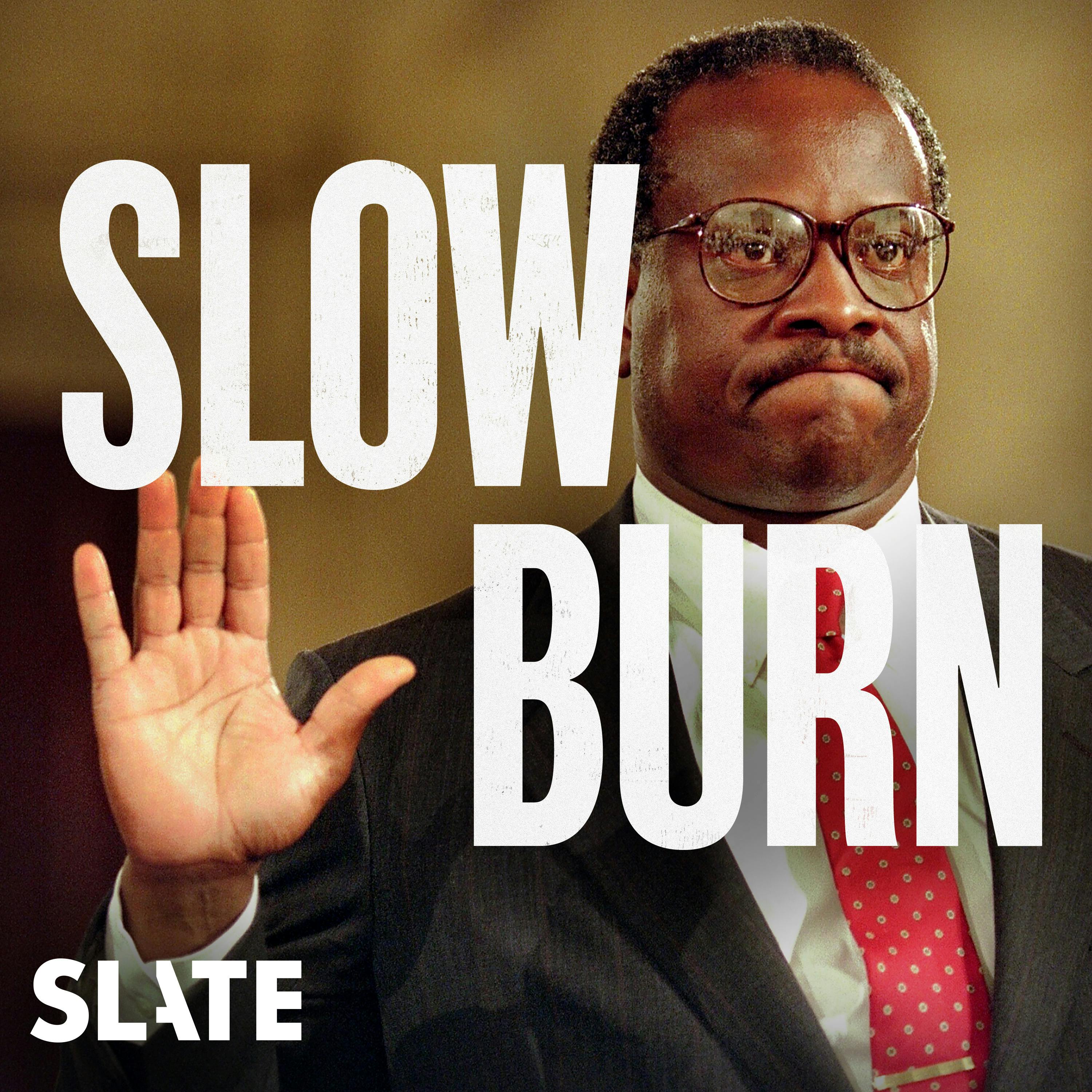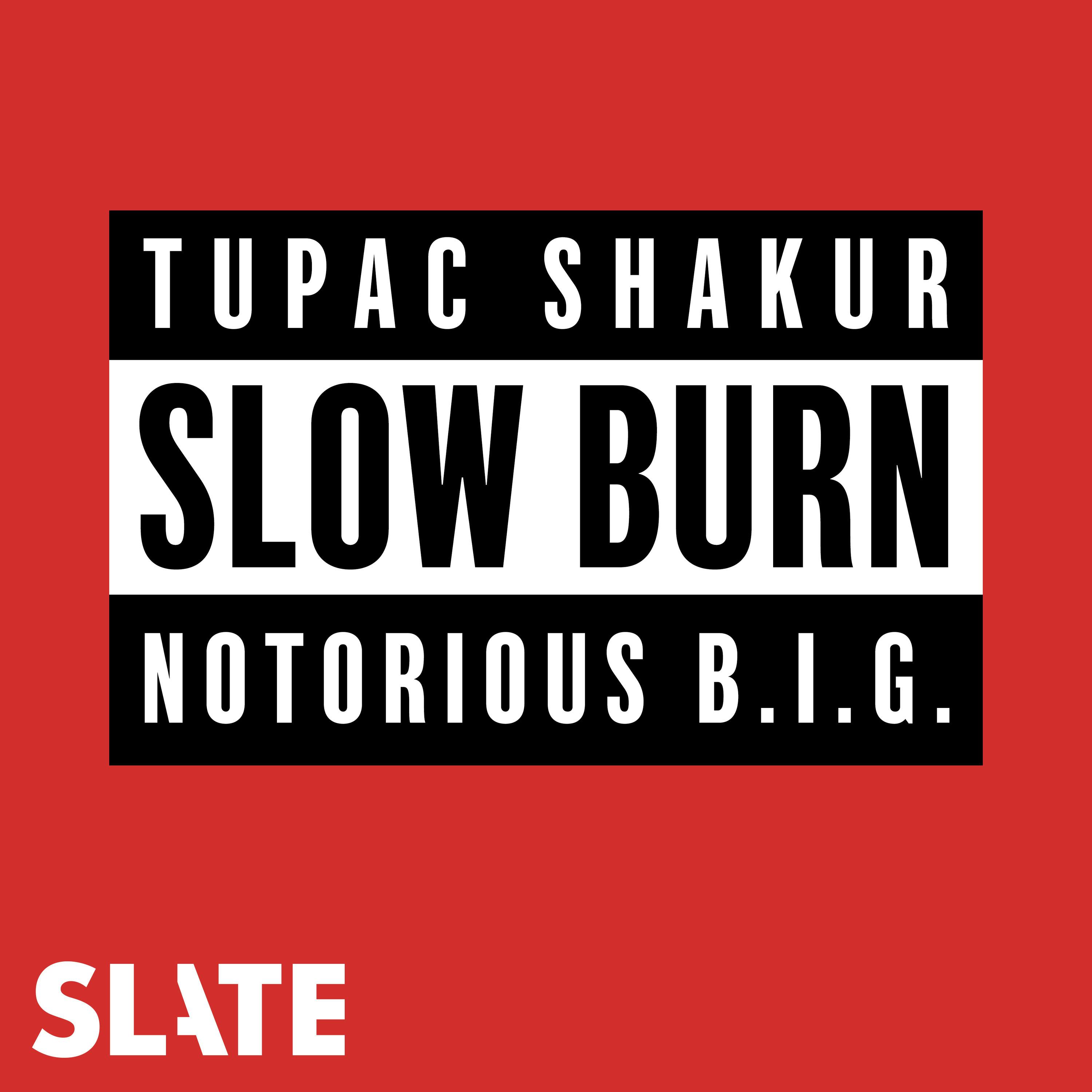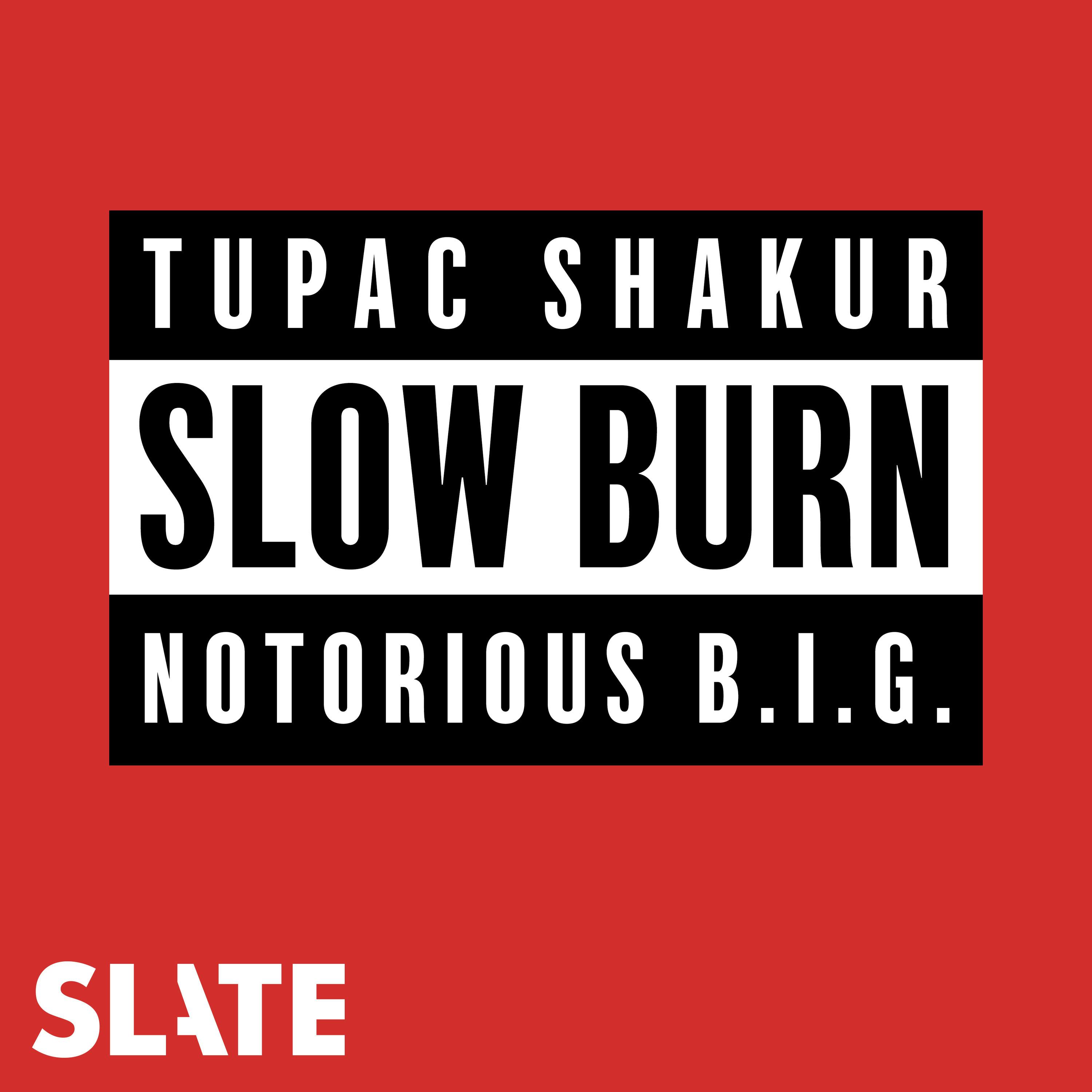
Slow Burn
Author: Slate Podcasts
Subscribed: 61Played: 2,911Description
Clarence Thomas is one of the most powerful figures in America today. Nearly every issue of national consequence has his fingerprints all over it, from voting rights to gun rights and from abortion access to affirmative action. But nothing about his journey from rural Georgia to the Supreme Court was inevitable.In the eighth season of Slate’s Slow Burn, host Joel Anderson traces Justice Thomas’ surprising path from youthful radical to conservative icon. You’ll hear about why he came to despise the race-based admission policies that personally benefitted him, how he credited his political rise to the Black self-sufficiency preached by Malcolm X, and what the American people didn’t hear during his explosive confirmation hearings.
 United States
United States




